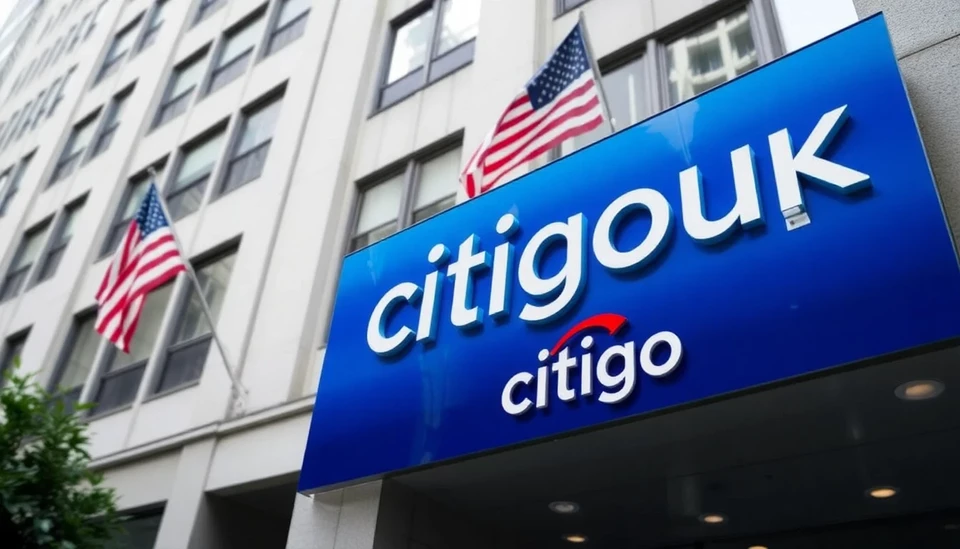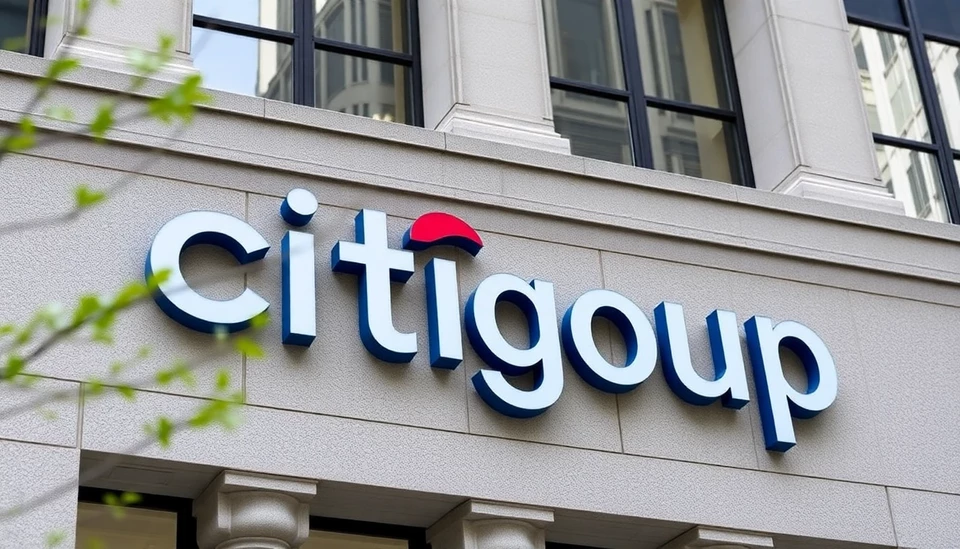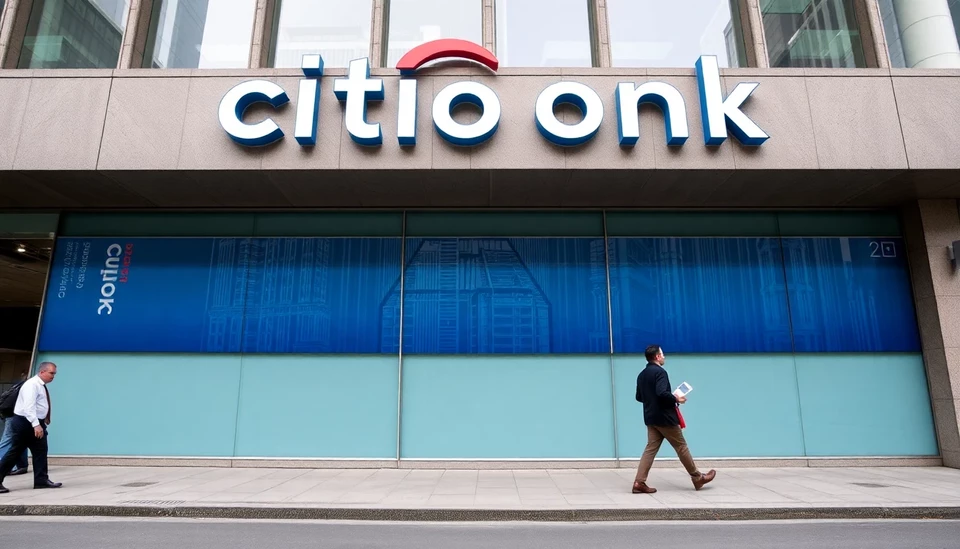
In a significant change to its employee benefits structure, Citigroup has announced a reduction in its 401(k) contributions for high-income earners within the organization. This move, aimed at realigning compensation strategies and bolstering long-term financial health, reflects broader trends in corporate America as businesses reassess their benefit offerings amid economic pressures.
According to sources familiar with the matter, the decision was influenced by an examination of compensation packages and an effort to maintain competitive standing within the financial services industry. As a result, employees earning above a certain threshold will see their employer-matched contributions to their 401(k) plans reduced, impacting their overall retirement savings potential.
While the exact figures of the contribution cuts have not been disclosed publicly, insiders have indicated that Citigroup is focusing on providing more balanced compensation for all employees rather than disproportionately inflating benefits for its highest earners. This strategy aims not only to enhance engagement among the broader workforce but also to cultivate a more equitable distribution of resources across the organization.
This alteration comes at a time when many firms are evaluating their financial strategies in light of evolving market conditions. The pandemic's aftereffects, including concerns about inflation and tighter labor markets, have forced employers to reconsider how they allocate funds for employee benefits, including retirement contributions.
It has been reported that Citigroup’s decision may also be influenced by the desire to attract and retain a diverse talent pool across varying income levels. By scaling back contributions for its top executives, the bank aims to reposition itself as a more inclusive employer, fostering a corporate culture that values all employees regardless of their rank.
Industry experts have weighed in on the potential implications of Citigroup's decision, indicating that while some high earners may view this as a setback, the opportunity for broader enhancements to other employee benefits could offset these reductions in the long term. Furthermore, experts believe that companies capable of navigating these changes effectively can enhance employee morale and boost overall retention rates.
As Citigroup rolls out these changes, it remains to be seen how other major financial institutions will respond. In a competitive labor market, companies are continuously looking for innovative ways to differentiate themselves through their employee benefits packages, and adjustments to retirement plan contributions could signal new trends in the industry.
In conclusion, Citigroup’s recent adjustment to its 401(k) contribution strategy reflects a more holistic approach to employee compensation that prioritizes equity and sustainability over traditional incentives geared toward top earners. As the financial landscape continues to evolve, it will be interesting to monitor how these changes impact both Citigroup's workforce and the broader market.
#Citigroup #401k #EmployeeBenefits #CorporateStrategy #FinancialServices #WorkplaceEquity #RetirementSavings
Author: Samuel Brooks




